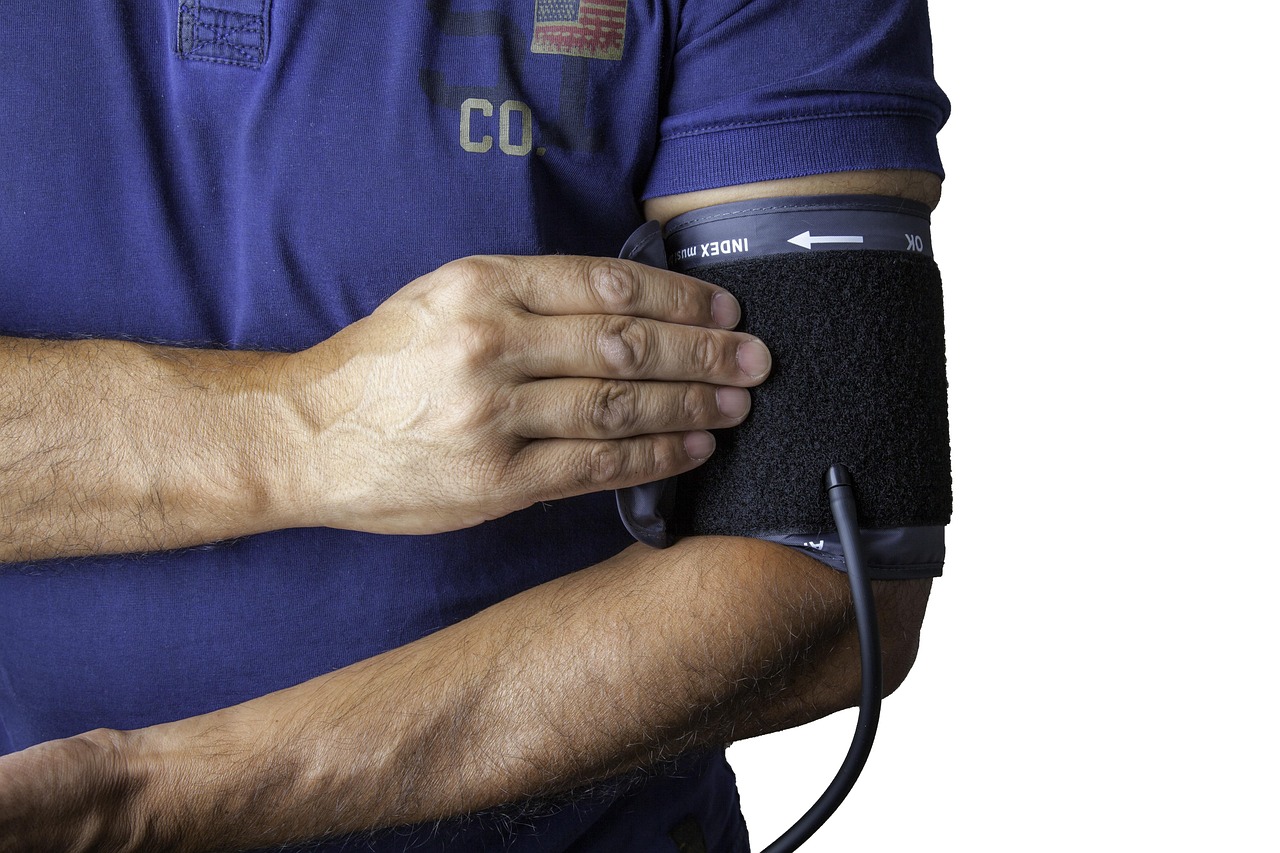
Artificial sweeteners promise all the sweetness with none of the sugar—but at what cost? While they’ve long been considered “safe” alternatives for diabetics and dieters, emerging research is raising concerns about their impact on cardiovascular health.
From changes in blood vessel function to disruptions in gut microbiota that indirectly affect the heart, the data is shifting. What we once labeled “harmless” may, in fact, play a subtle but significant role in cardiovascular disease risk. Could your zero-calorie soda or sugar-free gum be quietly undermining your heart?
What Are Artificial Sweeteners?
Artificial sweeteners are chemically synthesized sugar substitutes. Common types include:
- Aspartame (Equal, NutraSweet)
- Sucralose (Splenda)
- Saccharin (Sweet’N Low)
- Acesulfame potassium (Ace-K)
- Neotame and Advantame
They’re hundreds of times sweeter than sugar but contain little to no calories. They appear in everything from diet sodas to protein powders, low-carb yogurts, and even toothpaste.
How Artificial Sweeteners Might Impact Cardiovascular Health
1. Endothelial Dysfunction
A study published in Cell (2023) found that sucralose and saccharin may impair endothelial function, reducing the ability of blood vessels to dilate properly. This dysfunction is an early marker for heart disease and hypertension.
2. Gut Microbiome Disruption
Artificial sweeteners have been shown to alter the gut microbiota—especially in a way that increases trimethylamine N-oxide (TMAO), a compound linked to atherosclerosis and poor cardiovascular outcomes.
3. Glucose Intolerance
Ironically, non-caloric sweeteners may worsen blood sugar control. A Nature study found that regular consumption of saccharin disrupted glucose metabolism via microbiome shifts, a risk factor for metabolic syndrome—a known precursor to cardiovascular disease.
4. Increased Stroke and Heart Attack Risk
A 2022 observational study published in BMJ found that individuals with higher intake of artificial sweeteners had an increased risk of cardiovascular events, especially stroke and coronary artery disease. The risk was particularly elevated with aspartame and sucralose.
Mechanisms: How Sweeteners May Harm the Heart
Several biological pathways may explain the link between sweeteners and heart health:
- Inflammatory signaling: Artificial sweeteners may activate TLR4 and NF-κB, which drive chronic low-grade inflammation.
- Oxidative stress: Some sweeteners increase reactive oxygen species (ROS) in endothelial cells.
- Metabolic confusion: The brain perceives sweetness, but the absence of calories may dysregulate appetite, insulin response, and lipid storage.
Real-World Consumption and Cumulative Effects
It’s not about the occasional diet soda—it’s the cumulative daily exposure through multiple sources:
- Diet beverages
- Sugar-free protein bars
- Chewing gum and mints
- “Keto” desserts
- Low-calorie flavored waters
When consumed multiple times daily over years, even “safe” levels of these compounds might compound their effect on cardiovascular health.
The Cardiometabolic Paradox
Many people turn to artificial sweeteners to manage weight, blood sugar, or cholesterol—all key for heart health. However, studies show:
- Sucralose may reduce insulin sensitivity over time
- Long-term use doesn’t guarantee weight loss and may increase abdominal fat in some individuals
- Blood pressure benefits are inconsistent and not long-lasting
In other words, their intended cardiometabolic benefits might not materialize—and could backfire.
Natural Alternatives: Are They Safer?
- Stevia (Rebaudioside A): Derived from a plant and generally considered safer, though some extracts still alter gut flora.
- Monk fruit (Luo Han Guo): Natural and less studied, but currently not linked to vascular harm.
- Erythritol: A sugar alcohol with minimal GI distress—but recent studies have flagged a potential clotting risk in some populations.
Even with these, moderation and context matter.
Practical Advice: Should You Avoid Artificial Sweeteners?
You don’t have to swear them off entirely, but consider:
- Limiting daily exposure—especially in beverages
- Choosing whole-food alternatives (fruit, honey, dates) when possible
- Watching for hidden sources in packaged foods
- Discussing concerns with your cardiologist if you have a history of heart disease
Final Thoughts
Artificial sweeteners may no longer be the neutral bystanders we once assumed. While they reduce sugar and calorie intake, they may negatively impact cardiovascular health through pathways like microbiome disruption, endothelial damage, and inflammatory signaling.
The take-home message? Less is more. Instead of replacing sugar with chemicals, reframe your approach to sweetness altogether. Your heart may thank you.
FAQs
Are artificial sweeteners safe for people with heart disease?
They may not be. New research suggests certain sweeteners like sucralose and aspartame could impair vascular function or promote inflammation.
Do artificial sweeteners raise blood pressure?
Evidence is mixed. Some short-term studies show no change, but long-term use may be linked to metabolic changes that influence blood pressure.
Which sweeteners are best for cardiovascular health?
Natural options like monk fruit and limited stevia appear safer, but moderation is key with all sweeteners.
Can artificial sweeteners cause heart palpitations?
Some individuals report increased palpitations, especially with aspartame, though this varies person to person.
How much artificial sweetener is too much?
Staying under the FDA’s Acceptable Daily Intake (ADI) is advised, but recent data suggests even below-ADI intake may carry risks when consumed daily.
